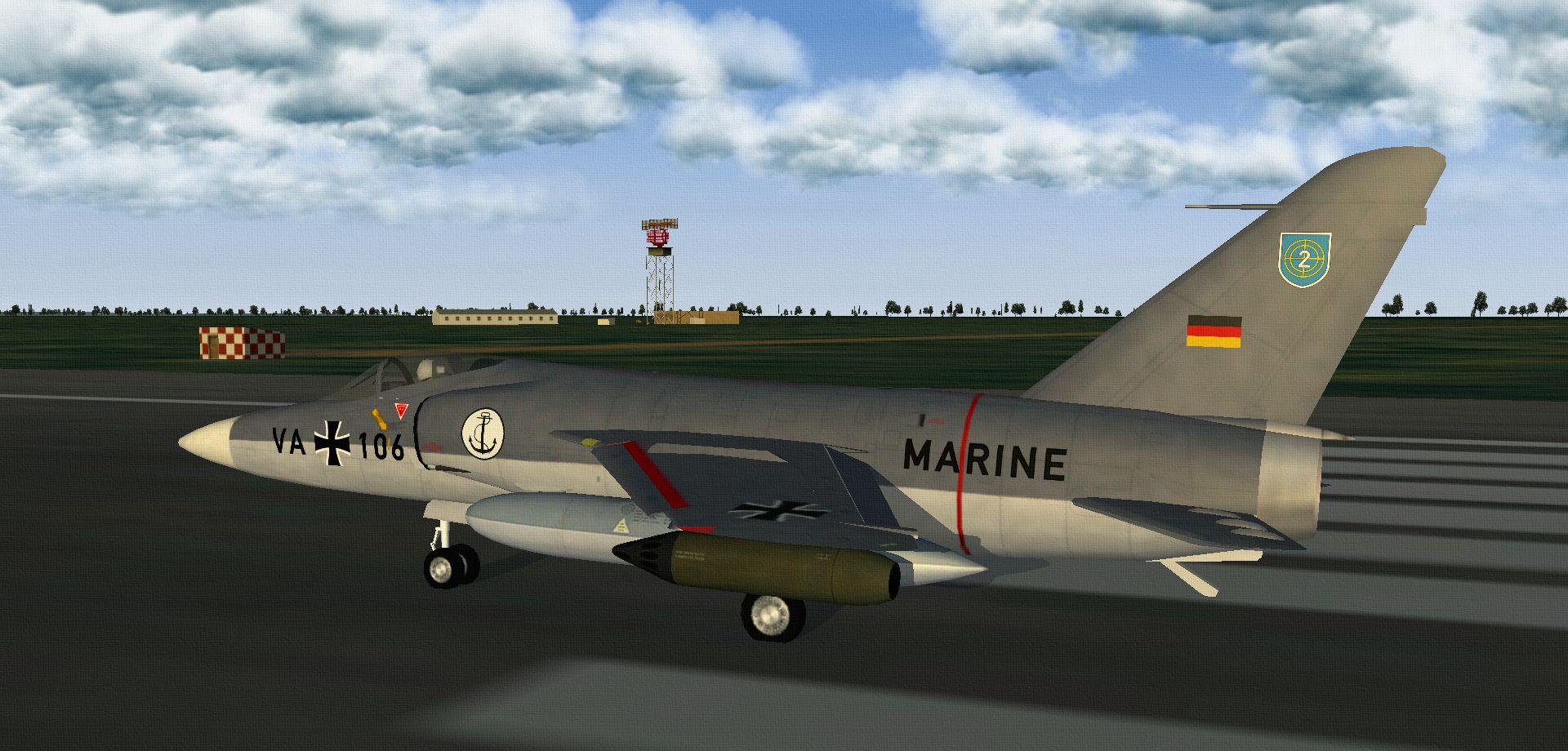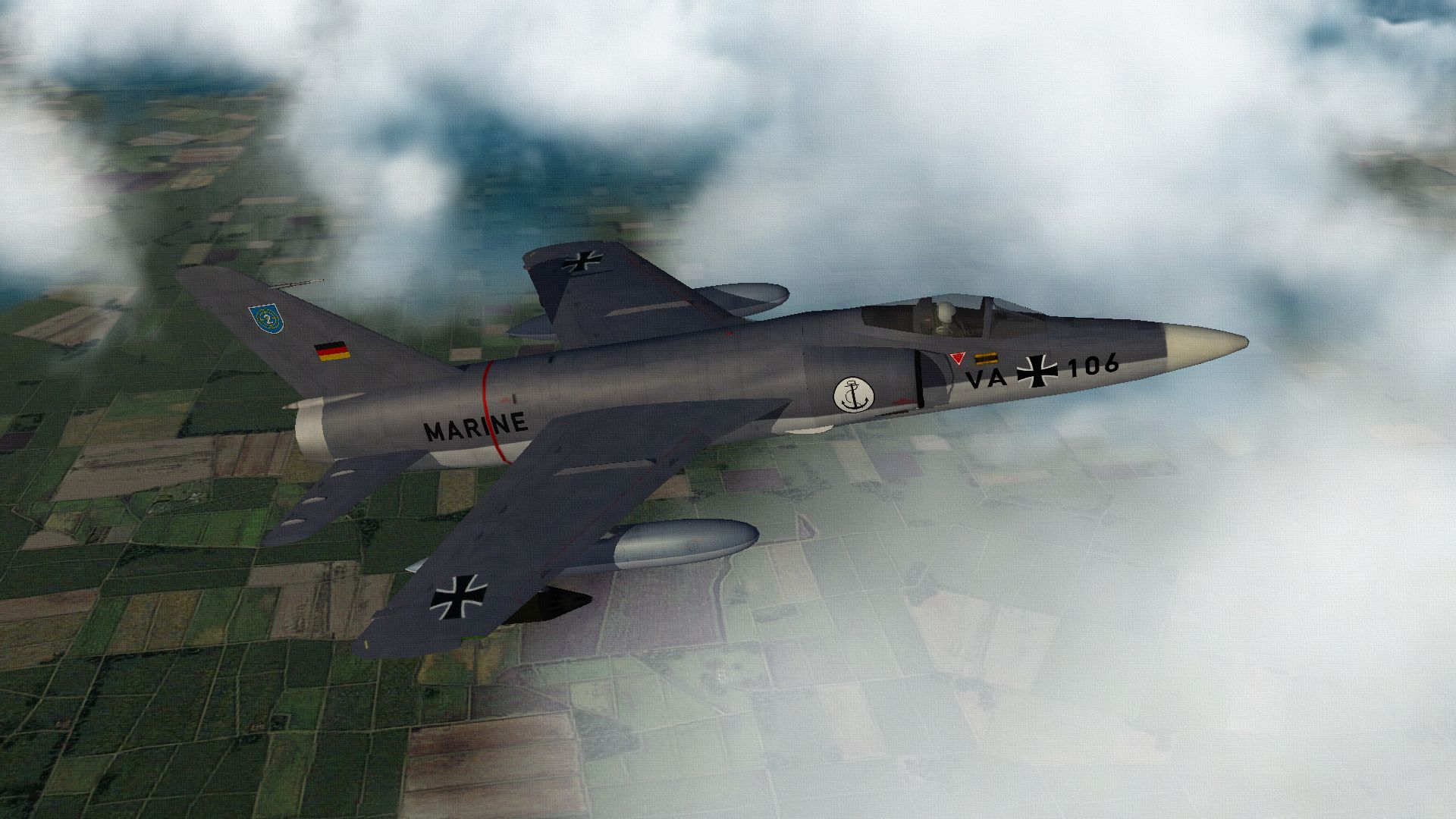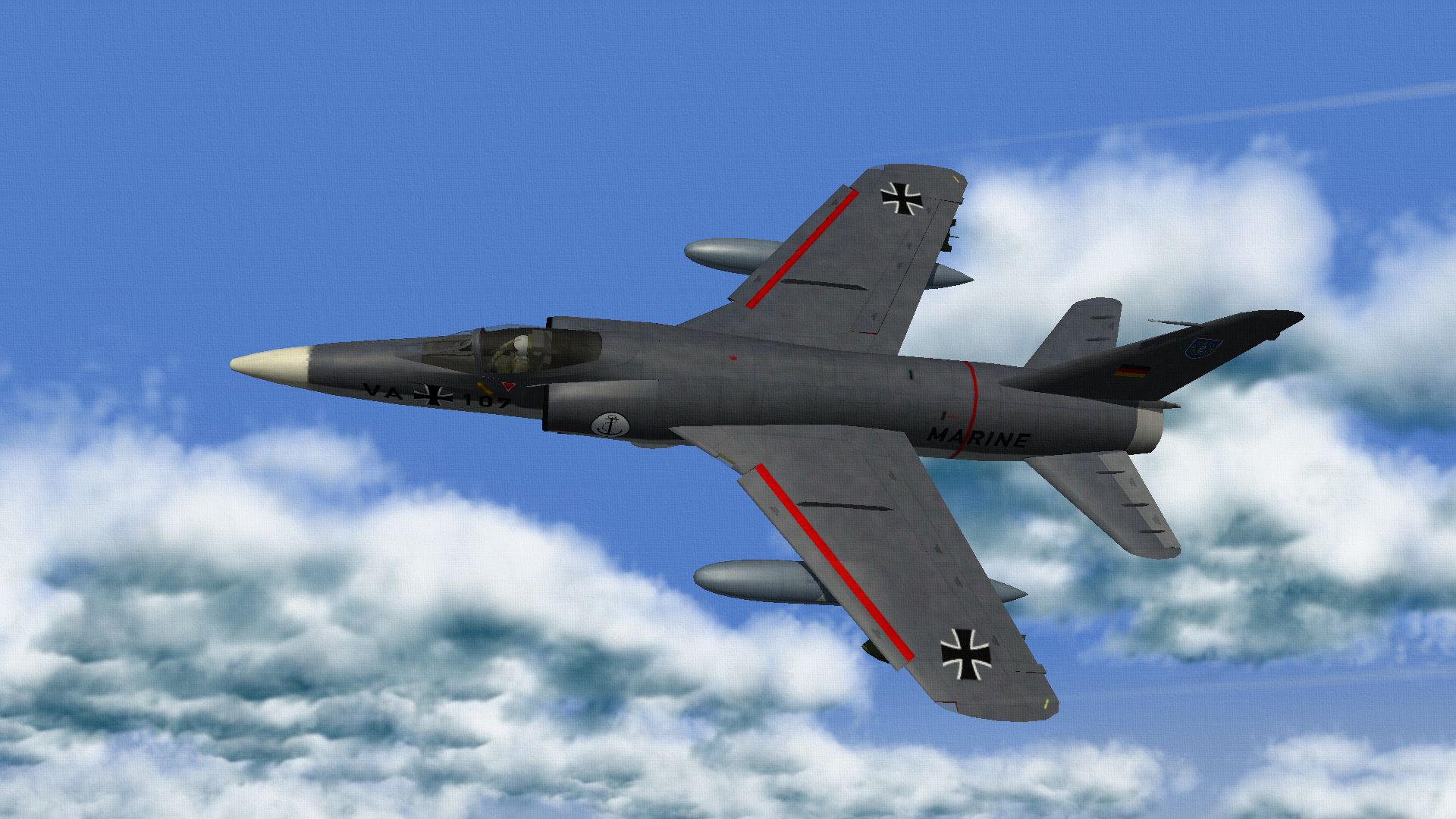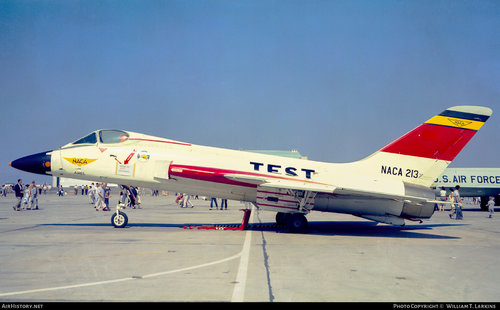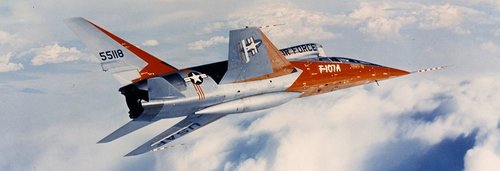Lascaris
ACCESS: Secret
- Joined
- 14 November 2008
- Messages
- 307
- Reaction score
- 371
Our point of divergence is simple, Lockheed tries to bribe the wrong person in the late 1950s and things snowball from there with the whole bribes affair coming out before F-104 gets actually sold. F-104G sales sink without trace while even people actually bribed are accusing Lockheed of trying to bribe them to save their skin. As an immediate effect Grumman gets most of the contracts for its Super Tiger with a lesser number of countries (lets say Italy and Belgium) buying Mirage instead. Lockheed is obviously way worse financially and Grumman much better but let us move a few years ahead.
The next big contract in the US was that for TFX and there McNamara chose General Dynamics over Boeing on grounds of commonality despite Boeing having come first. But TTL we have had already a major scandal of international proportions with F-104. Choosing General Dynamics over Boeing is politically way more difficult to put it mildly. So arguably we see Boeing getting good the TFX contract. And then what? I presume that the Boeing TFX may have suffered fewer development issues at least as far as the air force variant went but the navy variant wouldn't be that likely to come off, leading again to F-14, but is this affected by Grumman having experience and feedback from the production of over a 1000 modern fighters in the previous years? MIghtfield for example the use of TF30 be avoided? And would *F-14 be a contender for the USAF F-X program (probably but then chances are the air force would be doing what it could to avoid this...)
Which brings us to the last two possible divergences. First if GD has no experience in building a modern combat aircraft and Boeing has, it seems to me reasonable that Boeing 908 is chosen over the GD design for LWF thus we probably end up with a Boeing F-16 as well. But at the same time with Boeing having won TFX and having its hands full with it it also seems reasonable for Lockheed L2000 to win the SST competition... and being a simpler design actually fly.
Thoughts?
The next big contract in the US was that for TFX and there McNamara chose General Dynamics over Boeing on grounds of commonality despite Boeing having come first. But TTL we have had already a major scandal of international proportions with F-104. Choosing General Dynamics over Boeing is politically way more difficult to put it mildly. So arguably we see Boeing getting good the TFX contract. And then what? I presume that the Boeing TFX may have suffered fewer development issues at least as far as the air force variant went but the navy variant wouldn't be that likely to come off, leading again to F-14, but is this affected by Grumman having experience and feedback from the production of over a 1000 modern fighters in the previous years? MIghtfield for example the use of TF30 be avoided? And would *F-14 be a contender for the USAF F-X program (probably but then chances are the air force would be doing what it could to avoid this...)
Which brings us to the last two possible divergences. First if GD has no experience in building a modern combat aircraft and Boeing has, it seems to me reasonable that Boeing 908 is chosen over the GD design for LWF thus we probably end up with a Boeing F-16 as well. But at the same time with Boeing having won TFX and having its hands full with it it also seems reasonable for Lockheed L2000 to win the SST competition... and being a simpler design actually fly.
Thoughts?

